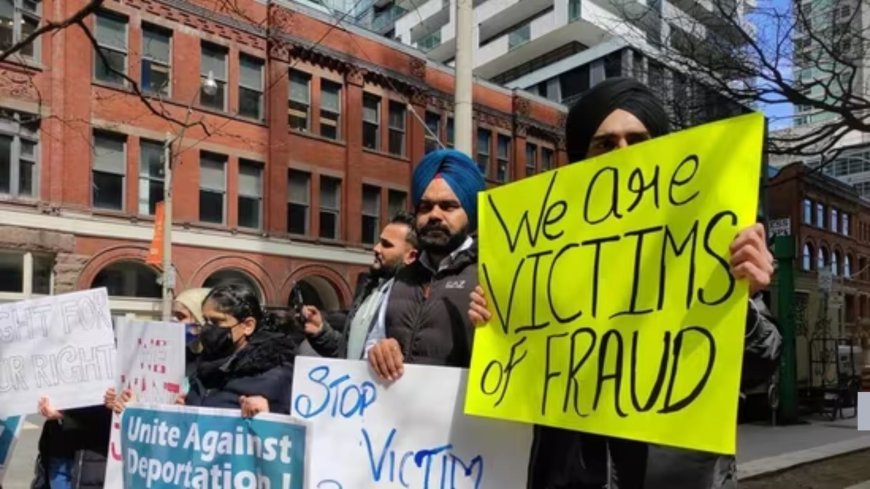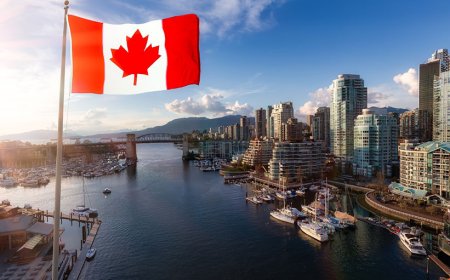Indian Students in Canada Protest Immigration Policy Changes | Canada Immigration Updates
Hundreds of Indian students in Prince Edward Island, Canada, are facing deportation due to recent changes in provincial immigration rules. They are protesting and have threatened to go on a hunger strike if the recent changes to the immigration policy aren't reviewed.

Prince Edward Island has made changes to its Provincial Nominee Program (PNP) immigration rules to reduce the number of immigrants due to the strain on its healthcare and housing infrastructure. The protesting students accuse the provincial government of suddenly changing immigration rules and refusing them work permits. Despite having graduated, these students now face deportation. They are demanding an extension of work permits and a review of the recent changes to immigration policies.
The protestors have outlined three main demands. First, they want to be grandfathered into the PNP system because they were already in Canada, working on valid work permits before the new rules were implemented. They believe it is only fair that those who were present before the changes be allowed to continue under the old system.
Second, they call for fair PNP draws without a point system, arguing that recent draws have excluded sectors like sales, services, and food, despite their significant contributions. The current point system, which requires 65 points, is seen as nearly impossible for those under 25 to achieve.
Lastly, they demand an extension of their work permits. The government’s changes and economic issues have rendered their current work permits ineffective, causing many to lose their jobs. They believe renewing their work permits is necessary to compensate for the lost time and opportunities.
The protest began on May 9 with about 25 people and has since grown to over 300. The protestors are upset about the provincial government’s announcement to cut the number of people it nominates for permanent residency through the PNP by 25% in 2024, partly due to pressure on the healthcare system and housing market.
Last July, the province passed a law restricting postgraduate work permits to students with specific qualifications, now allowing only those with construction, home-building, and healthcare qualifications to obtain permits.
The new population strategy prioritizes those in specific occupations, including health care and construction, for the remaining spots. This means hundreds of immigrants in other industries, such as retail sales and service, may not have their work permits extended when they expire in the next few months.
The protest leader stated that the group is prepared to take drastic measures unless the province extends work permits for immigrants already working and seeking permanent residency. The provincial government has stated that these immigration changes are temporary but has not provided a specific timeline for when they will be reversed.
What's Your Reaction?
 Like
0
Like
0
 Dislike
0
Dislike
0
 Love
0
Love
0
 Funny
0
Funny
0
 Angry
0
Angry
0
 Sad
0
Sad
0
 Wow
0
Wow
0






































































